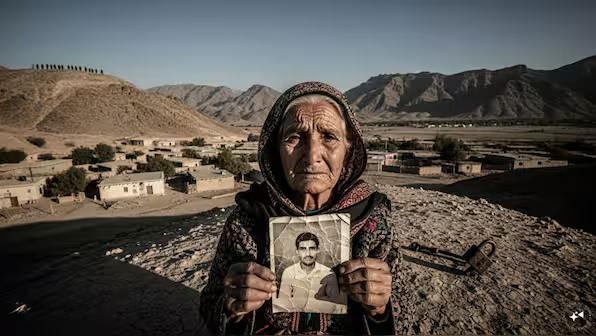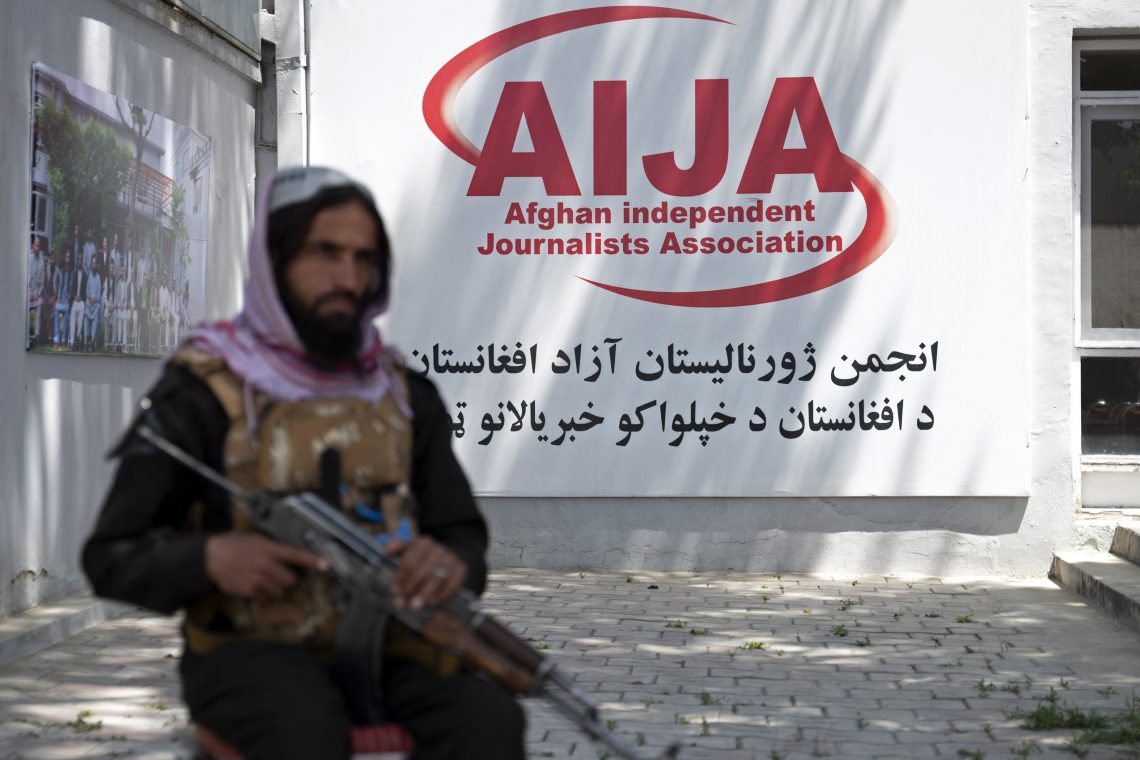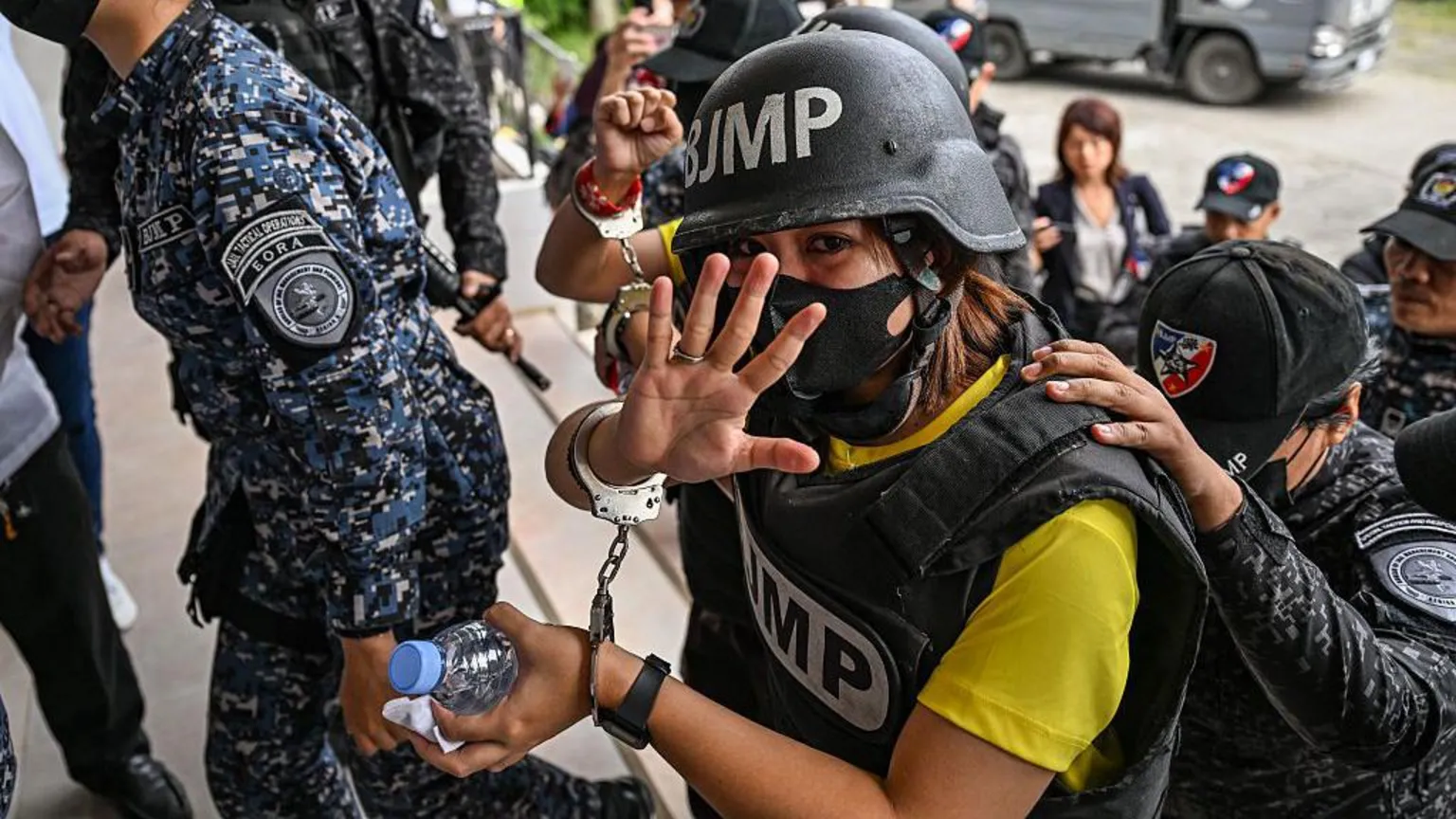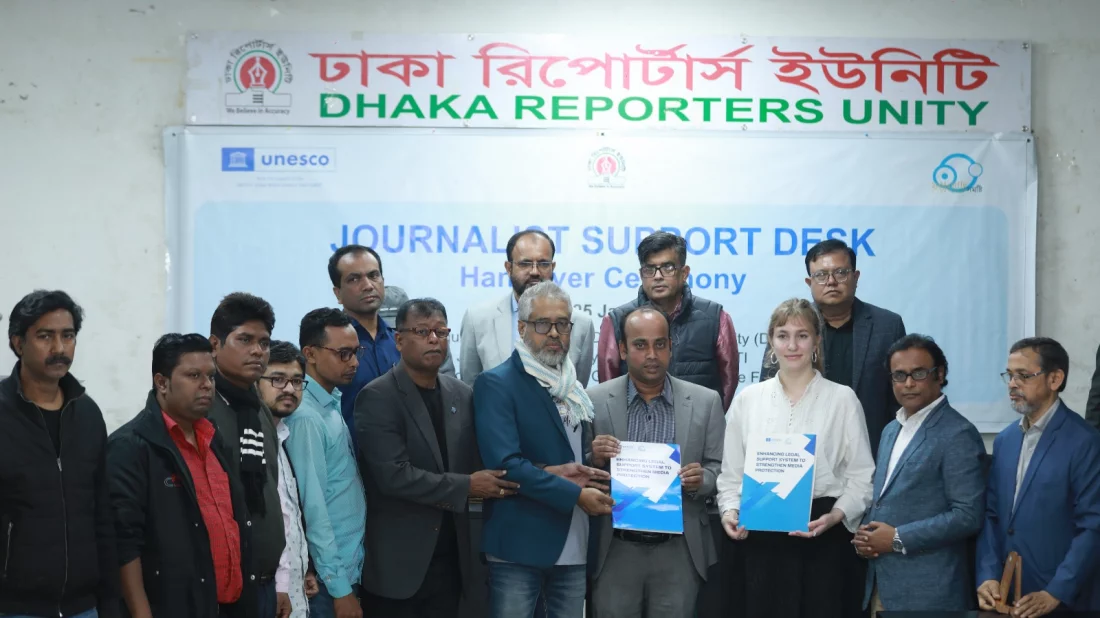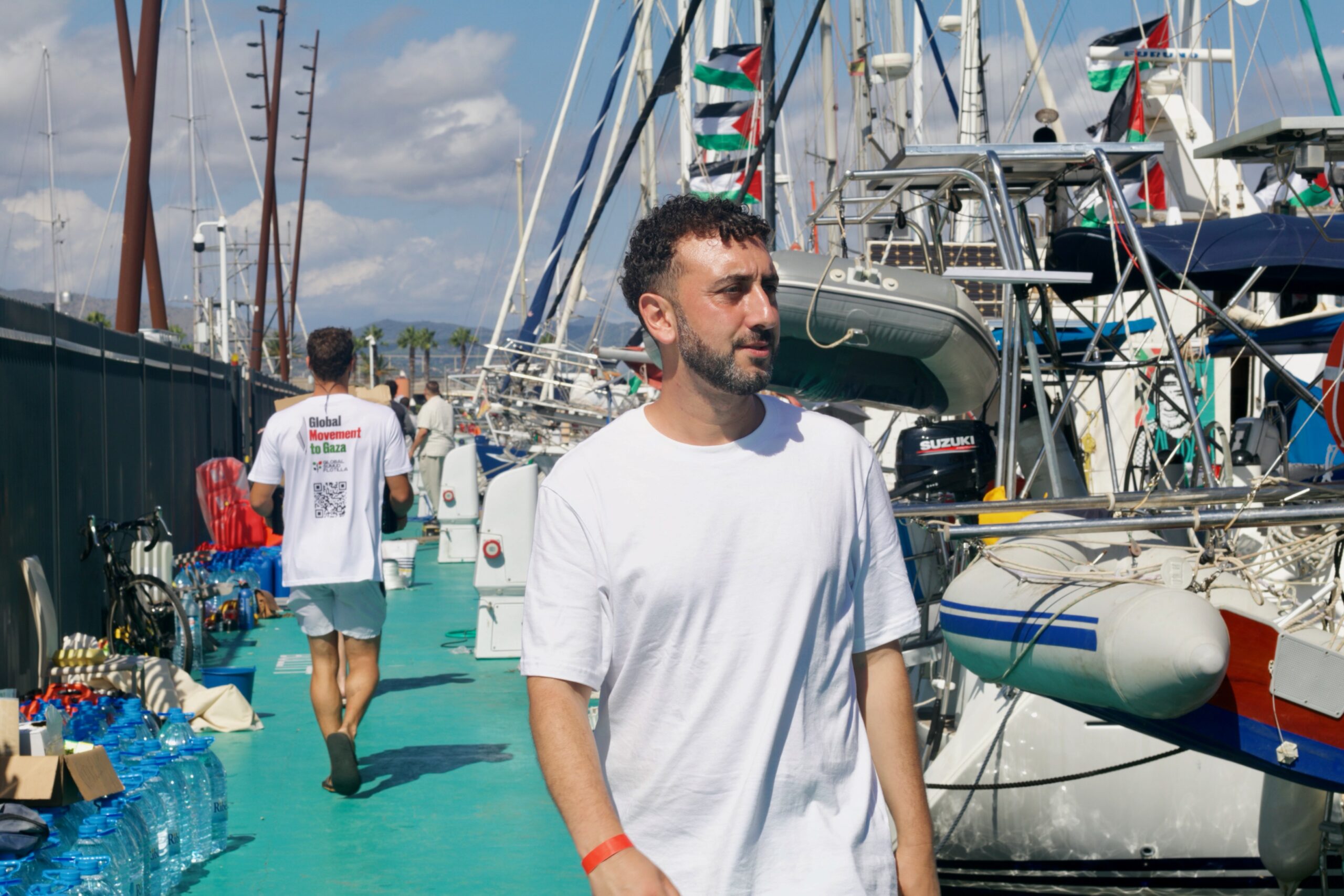
“I’ve Been Kidnapped”: Journalist Detained Amid Israeli Flotilla Interception
October 2, 2025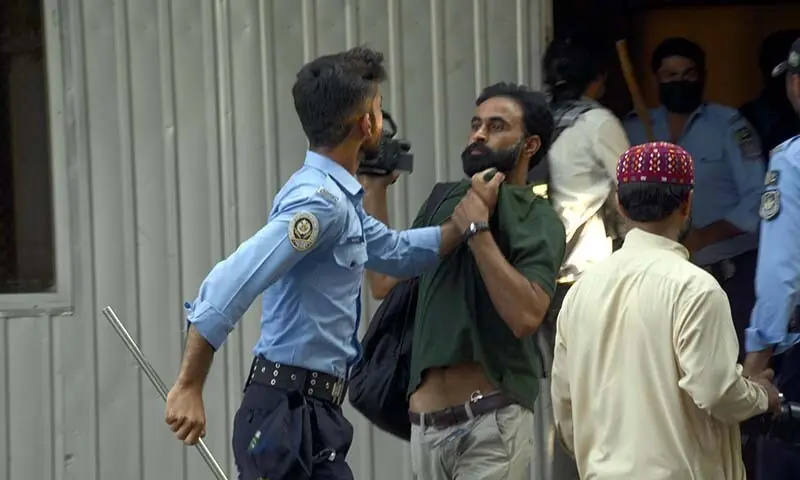
Police Storm Islamabad Press Club, Assault Journalists During PoK Protests
October 3, 2025October 02, 2025 – Pakistan –
During the 60th session of the United Nations Human Rights Council (UNHRC) in Geneva, Baloch journalist and activist Bilal Baloch delivered a striking critique of Pakistan’s human rights record, revealing widespread abuses in Balochistan. He described a climate of enforced disappearances, pervasive censorship, and daily attacks meant to silence dissent.
Addressing global delegates, Baloch alleged that Pakistani security forces have largely abdicated control in the region, leaving a power vacuum where militant groups and intelligence networks dictate enforcement. He asserted that state agencies target critics and journalists to maintain control over the narrative and suppress the exposure of abuses.
Bilal’s testimony included accounts of systemic tactics: extrajudicial detentions, harassment, intimidation, and limitations on journalistic freedom. He accused Pakistan of criminalizing free media and using vague laws to arbitrarily punish those who document violations.
Human rights monitors have documented many of these allegations over time. Amnesty International has raised alarm over arrests of Baloch activists, denial of medical care in custody, and misuse of legal frameworks against critics. UN human rights experts also previously called for the release of detained Baloch activists and a halt to the crackdown on peaceful protests in Balochistan.
Experts and observers say that what Bilal described in Geneva is part of a broader trend: as reports of disappearances, extrajudicial killings, and media suppression rise, Baloch voices are being systematically silenced, both within Pakistan and abroad. His bold intervention before the UN seeks to shift the conversation toward accountability and international pressure.
Bilal’s appearance also comes amid increasing tension around access to truth. When states censor or block reporters, information fades—and abuses persist unseen. His voice in Geneva echoes a larger call: that Balochistan’s suffering demands global attention, and that journalism must survive even under siege.
Reference –

